Blog
Carl Jung’s experience in Africa
Surya Tahora - 20 March, 2020
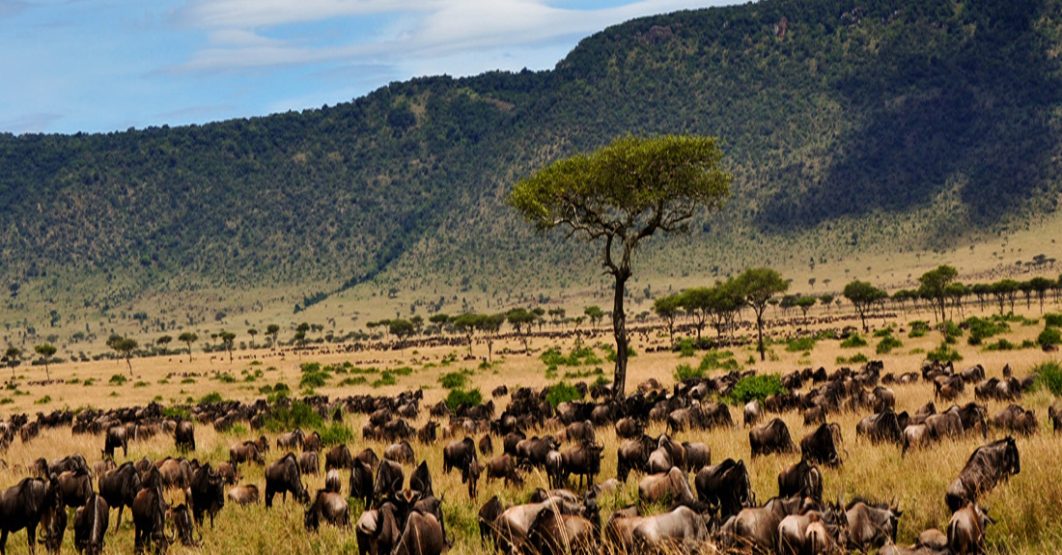
theplainsofafrica
This post can be read along with the post titled Carl Jung’s experience with the Pueblos Indians. It relates Jung’s experience during his trip to Kenya and Uganda in 1925, one year after the trip he had in New-Mexico.
The two passages quoted here are also from the autobiography of Carl Jung, Memories, Dreams and Reflections, recorded and edited by Aniela Jaffe.
From Nairobi we used a small Ford to visit the Athi Plains, a great game preserve. From a low hill in this broad savanna a magnificent prospect opened out to us. To the very brink of the horizon we saw gigantic herds of animals: gazelle, antelope, gnu, zebra, warthog, and so on. Grazing, heads nodding, the herds moved forward like slow rivers. There was scarcely any sound save the melancholy cry of a bird of prey. This was the stillness of the eternal beginning, the world as it had always been, in the state of non-being; for until then no one had been present to know that it was this world. I walked away from my companions until I had put them out of sight, and savored the feeling of being entirely alone. There I was now, the first human being to recognize that this was the world, but who did not know that in this moment he had first really created it.
There the cosmic meaning of consciousness became overwhelmingly clear to me. “What nature leaves imperfect, the art perfects,” say the alchemists. Man, I, in an invisible act of creation put the stamp of perfection on the world by giving it objective existence. This act we usually ascribe to the Creator alone, without considering that in so doing we view life as a machine calculated down to the last detail, which, along with the human psyche, runs on senselessly, obeying foreknown and predetermined rules. In such a cheerless clockwork fantasy there is no drama of man, world, and God; there is no “new day” leading to “new shores” but only the dreariness of calculated processes.
My old Pueblo friend came to my mind. He thought that the raison d’etre of his pueblo had been to help their father, the sun, to cross the sky each day. I had envied him for the fullness of meaning in that belief, and had been looking about without hope for a myth of our own. Now I knew what it was, and knew even more: that man is indispensable for the completion of creation; that, in fact, he himself is the second creator of the world, who alone has given to the world its objective existence without which, unheard, unseen, silently eating, giving birth, dying, heads nodding through hundreds of millions of years, it would have gone on in the profoundest night of non-being down to its unknown end. Human consciousness created objective existence and meaning, and man found his indispensable place in the great process of being.
Further in this biography, Carl Jung explains what is the ‘destiny’ or the ‘task’ of human existence:
“Our age has shifted all emphasis to the here and now, and thus brought about a daemonization of man and his world. The phenomenon of dictators and all the misery they have wrought springs from the fact that man has been robbed of transcendence by the shortsightedness of the super-intellectuals. Like them, he has fallen a victim to unconsciousness. But man’s task is the exact opposite: to become conscious of the contents that press upward from the unconscious. Neither should he persist in his unconsciousness, nor remain identical with the unconscious elements of his being, thus evading his destiny, which is to create more and more consciousness. As far as we can discern, the sole purpose of human existence is to kindle a light in the darkness of mere being. It may even be assumed that just as the unconscious affects us, so the increase in our consciousness affects the unconscious.”
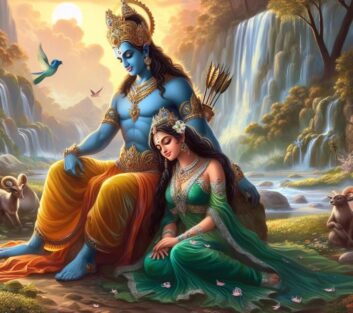
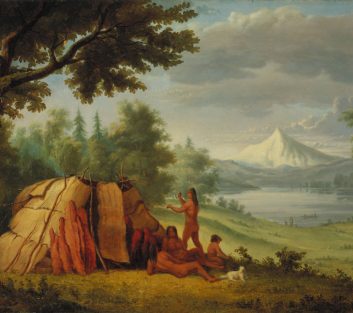
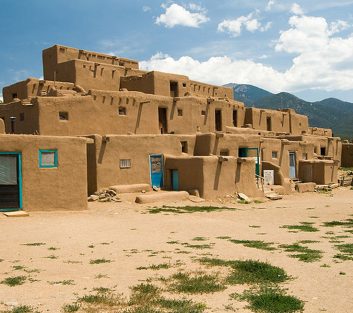
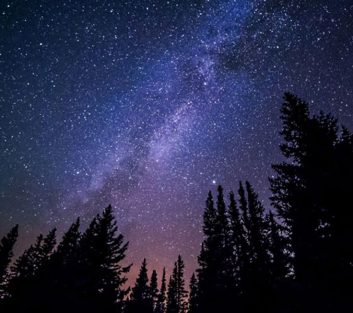
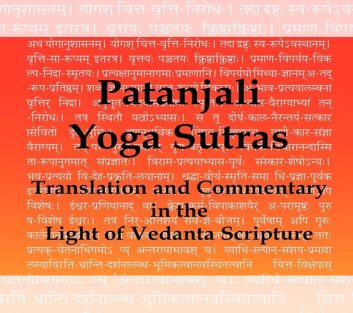
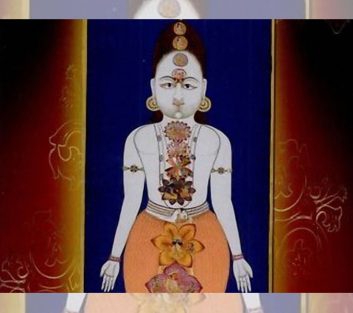
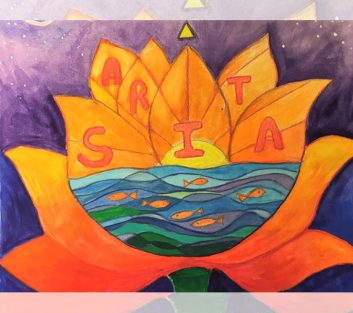
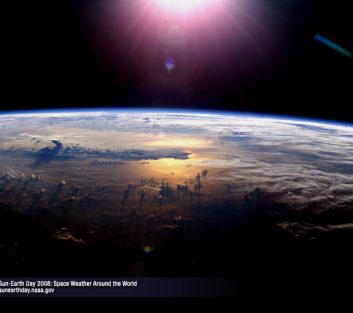
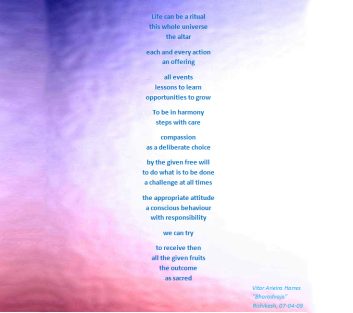
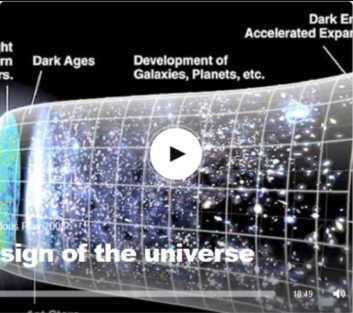
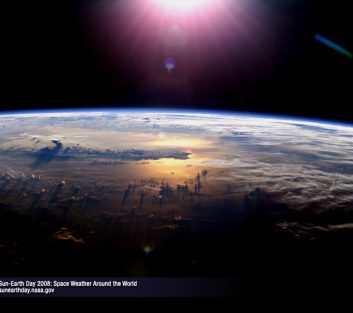
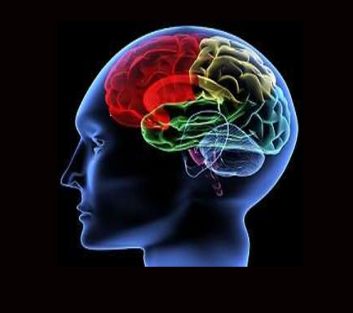
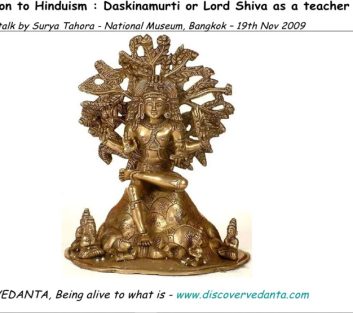
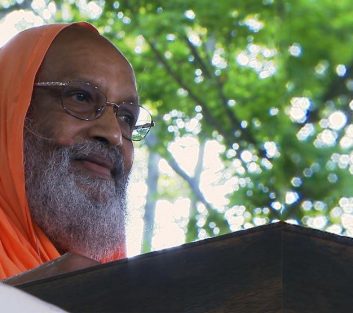
Leave a comment